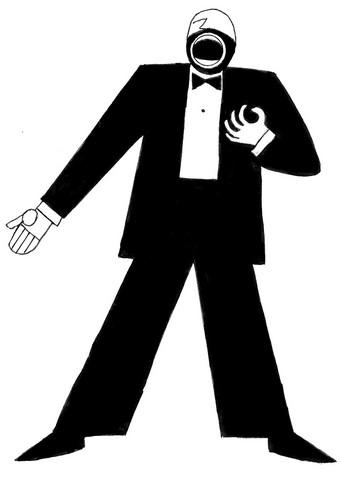Notes
For years I’ve often wondered what it is about Britten’s music that makes it so special. Of course there is the impeccably elegant technique, the seamless blending of old and new idioms, the palette of traditional and inventive harmony, the ease and fluency with which he sets the English language, and the drama and humanity and strange beauty that permeates his compositions. But there is something else. Listening to some unfamiliar (to me) Britten pieces last week, I finally figured out what that something might be: Britten’s music gives the appearance that it is almost improvised, unfolding spontaneously. It’s like there is a direct pathway from his brain to our inner ears. Most composers strive for this to a certain extent, but for me Britten’s music achieves this with astonishing frequency. The music is constantly going in unanticipated directions, but in the smoothest and most natural way possible. After he has taken us somewhere unexpected, we could not imagine having gone anywhere else. It’s this je ne sais quois which makes a Britten arrangement of a folksong like ‘O Waly Waly’ into something completely different – Everything Britten touches is never quite the same afterward. You can hear this in his piano accompanying of Peter Pears as well. His interpretations of Schubert songs bring out inner lines that we have never heard before, unusual harmonies and new phrase directions in a way that is entirely unique. Britten music will give me a lifetime’s worth of discovery.
On another note, last week I heard two student pianists blaze through the two piano version of ‘Rite of Spring’. I missed the remarkable orchestration, but the piece is still incredibly powerful and exciting in its raw and primal way. It is also highly entertaining to watch two pianists (on the same piano) crossing arms and using every technique at their disposal to bring Stravinsky’s music to life. So I hadn’t heard the ‘Rite’ live until last year, and now I’ve seen it twice. Funny that.
Also, I’ve been thinking a lot about Radiohead’s new album. I think we need to cut the guys a break. If you think about the length and quality of work (and with a frequency of every year or two) we expect from people like Radiohead or Bjork, it is a much higher bar than we’d expect from a "classical" composer. If a "classical" composer wrote a ten-minute chamber music piece, a set of a few songs, or an orchestral program opener, we’d say they had been productive. A "pop" artist is expected to turn in 45 minutes to an hour’s worth of new material at each go. This is like if a "classical" composer was only writing symphonies or string quartets. There is no way they could crank out a major work every year for 15 years. Yet in the "pop" arena, audiences get antsy if there isn’t a new album every year or two. On the flip side, I guess a lot of contemporary classical composers wish that each of their new works was anticipated by millions of people from the ages of 18-35 worldwide. In short, we all can’t wait until Radiohead’s new album comes out (and hopefully Thom Yorke’s solo project will tide us over for a bit), but at least they have taken the time and care that a symphonist would take to turn out a work of comparable length. So take it easy Thom, Colin, Phil, Jonny and Ed: we’ll be happy with whatever you turn out.


0 Comments:
Post a Comment
<< Home